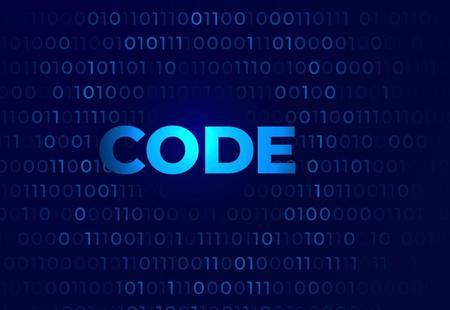English | MP4 | AVC 1280×720 | AAC 44KHz 2ch | 76 lectures (17h 56m) | 8.02 GB
No Libraries used, Embedded C++, ADC,UART,TIMERS, GPIO,SPI,I2C, Template Programming etc.
Welcome to the Modern Embedded C++ Bare Metal course.
This is a practical programming course on embedded systems programming using the C++ programming language. Key features of C++ such as template programming and object-oriented programming can greatly improve embedded software portability, in recent years this has made C++ very attractive to embedded developers.
The goal of this course is to teach you how to navigate the microcontroller reference manual and datasheet to extract the right information to professionally build peripheral drivers and firmware. To achieve this goal, no libraries are used in this course, purely bare-metal Embedded-C++ and register manipulations.
By the end of this course you will be able write drivers for peripherals like ADC, UART, PWM, GPIO, TIMER,I2C, SPI, etc. You will also master the ARM architecture and how to build professional embedded firmware for ARM processors.
Furthermore, you will master C++ key features like Object-Oriented methods, Template Programming, and optimization.
Table of Contents
Getting Started with Embedded C++
1 Getting the best out of this course
2 Creating a simple LED Class (PART I)
3 Creating a simple LED Class (PART II)
C++ Essential Training for C Developers
4 Configuring our UART driver for displaying results (Part I)
5 Configuring our UART driver for displaying results (Part II)
6 Understanding Classes and Objects
7 Dynamic Allocation
8 Variable References
9 Understanding Function Templates
10 Using Default Arguments
11 Understanding Pass by Reference and Pass by Value
12 Understanding Pass by Address
13 Return by Address
14 Class Property Functions
15 Class Constructors
16 Understanding Scope Resolution
17 Understanding _this_ Pointer
18 Differences between Class and Struct
19 The function _friend_
20 Class Inheritance
21 Understanding Access Specifiers
22 Class Pointers
23 Function Overriding
24 Virtual Functions
25 Polymorphism (Part I)
26 Polymorphism (Part II)
27 The class _friend_
28 Static Variables
29 Static Functions
30 Class Template
31 Understanding namespaces
32 Class destructors
33 Class virtual destructors
Microcontroller C++ Template Programming
34 Introduction to Microcontroller Template Programming
35 Developing a Template for accessing Microcontroller Registers (Version 1)
36 Developing a Template for accessing Microcontroller Registers (Version 2)
37 Register Bit-mapping (Part I)
38 Register Bit-mapping (Part II)
39 Applying Register Bit-mapping to Register Access Class Template
40 Developing a Microcontroller Port Class Template
General Purpose Input_Output(GPIO) C++ Driver Development
41 Overview of ARM Cortex-M General Purpose Input_Output Module
42 Developing a GPIO Output Driver using information from the datasheet
43 Developing a GPIO Output Driver using the BSRR Register
44 Developing a GPIO Input Driver
Universal Asynchronous Receiver-Transmitter(UART) C++ Driver Development
45 Overview of the UART Protocol
46 Developing the UART Driver Using Information from the Datasheet
47 Receiving Data with the UART
48 Two-way UART Communication
49 UART std__cout Retargeting
System Tick and General Purpose Timers C++ Driver Development
50 Overview of the System Tick Timer
51 Overview of General Purpose Timers
52 Developing the System Tick Timer Driver using information from the datasheet
53 Creating a Delay Function using the System Tick Timer
54 Analyzing General Purpose Timer registers
55 Developing the General Purpose Timer driver
56 Writing a driver for a different timer module
57 Developing the Timer Compare Mode Driver
Analog -to- Digital Converter (ADC) Driver Development
58 Introduction to Analog to Digital Conversion
59 Developing the ADC Driver
Inter-Integrated Circuit (I2C)
60 Introduction to I2C
61 Analyzing the DS1307 Realtime Clock
62 Creating I2C Registers
63 Writing the I2C Initialization function
64 Writing the I2C Read and Write Functions
65 Testing our I2C Driver
Serial Peripheral Interface (SPI)
66 Introduction to SPI
67 Creating SPI Registers
68 Writing a basic SPI Driver
69 Developing an SPI Library (PART I)
70 Developing an SPI Library (PART II)
71 Testing the SPI Library
Set Up
72 Download Keil uVision 5
73 Installing Keil uVision 5
74 Installing Packs
75 Overview of Keil uVision 5
Closing
76 Closing Remarks
Resolve the captcha to access the links!
